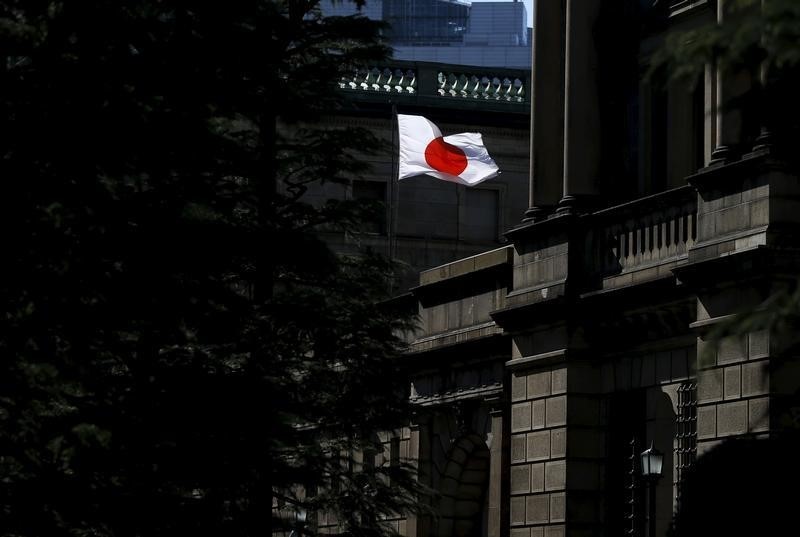Japan PPI inflation slips to 11-mth low in July
Investing.com-- The U.S.-Japan trade agreement announced Tuesday has removed a key downside risk to Japan’s economy and raised the likelihood of a Bank of Japan rate hike before year-end, analysts at Capital Economics said in a note.
U.S. President Donald Trump said the deal includes $550 billion in Japanese investment into the U.S. and a reduction in trade barriers, particularly on vehicles and agricultural goods. In exchange, the U.S. will impose a 15% reciprocal tariff on some Japanese imports, down from a previously threatened 25%.
Capital Economics estimates the net impact will reduce the average tariff on Japanese exports to the U.S. by around 1 percentage point, helped by a halving of car tariffs, a key export sector.
"Today’s developments remove a key downside risk to Japan’s economy and increase our conviction that the BoJ will resume its tightening cycle at its October meeting," analysts wrote.
They noted that political risks from Prime Minister Ishiba’s expected resignation are unlikely to derail monetary policy.
"While the resulting political vacuum would make it less likely that the Diet soon passes any fiscal stimulus measures, that could at least allay any fiscal concerns in the bond market," analysts said.
They added that financial markets are now pricing in about a two-third chance of a rate hike by year-end.
